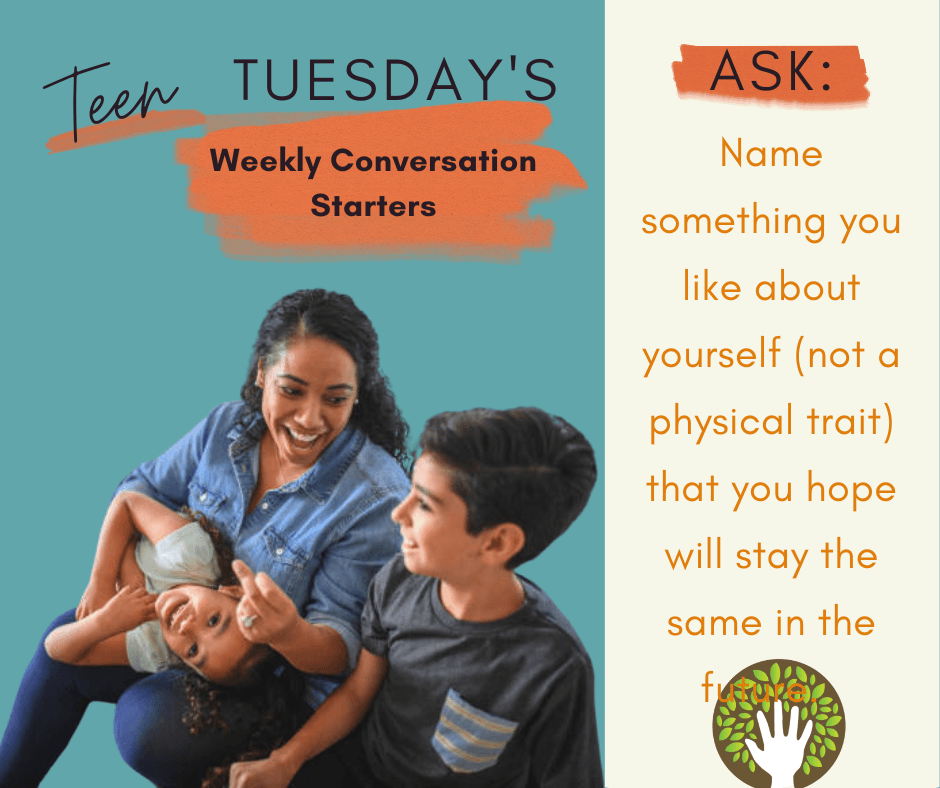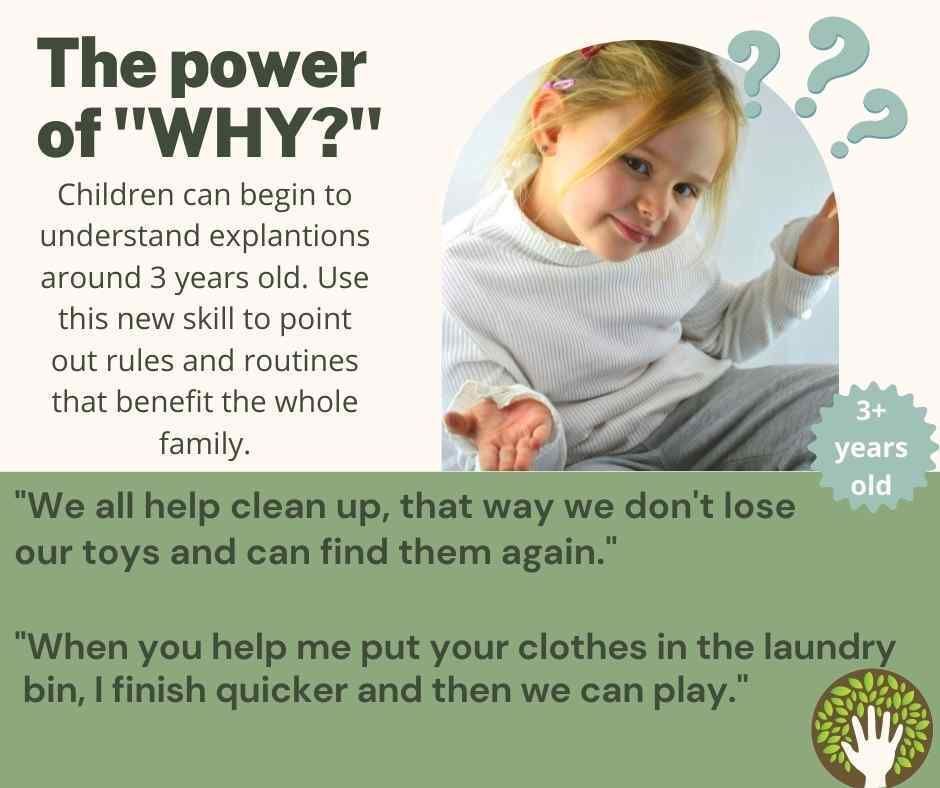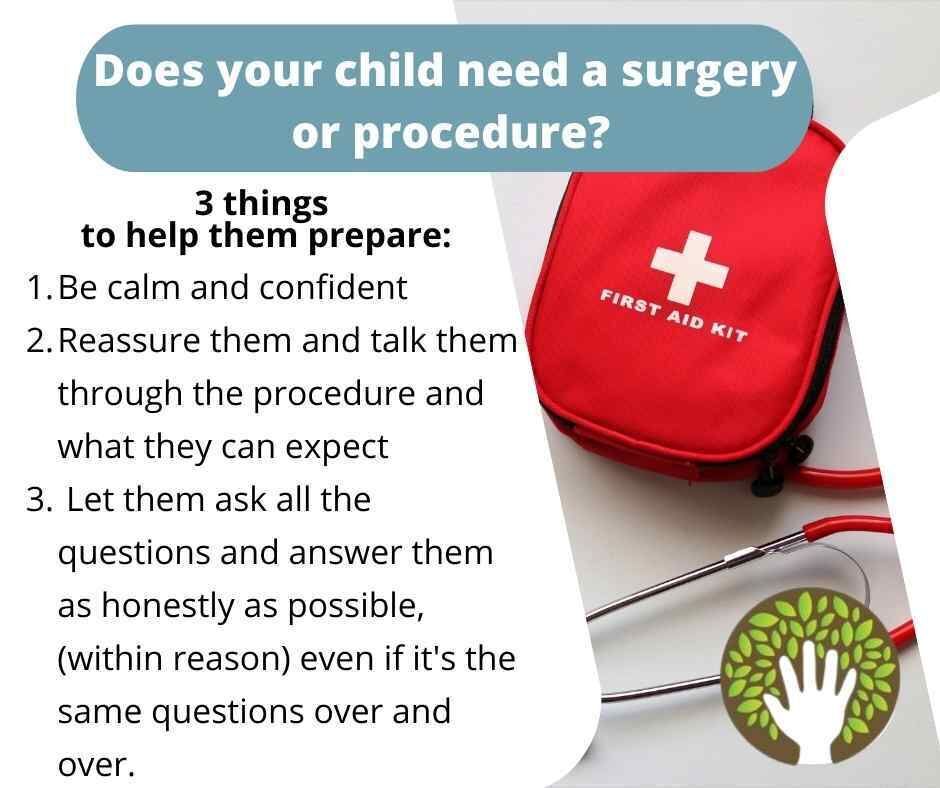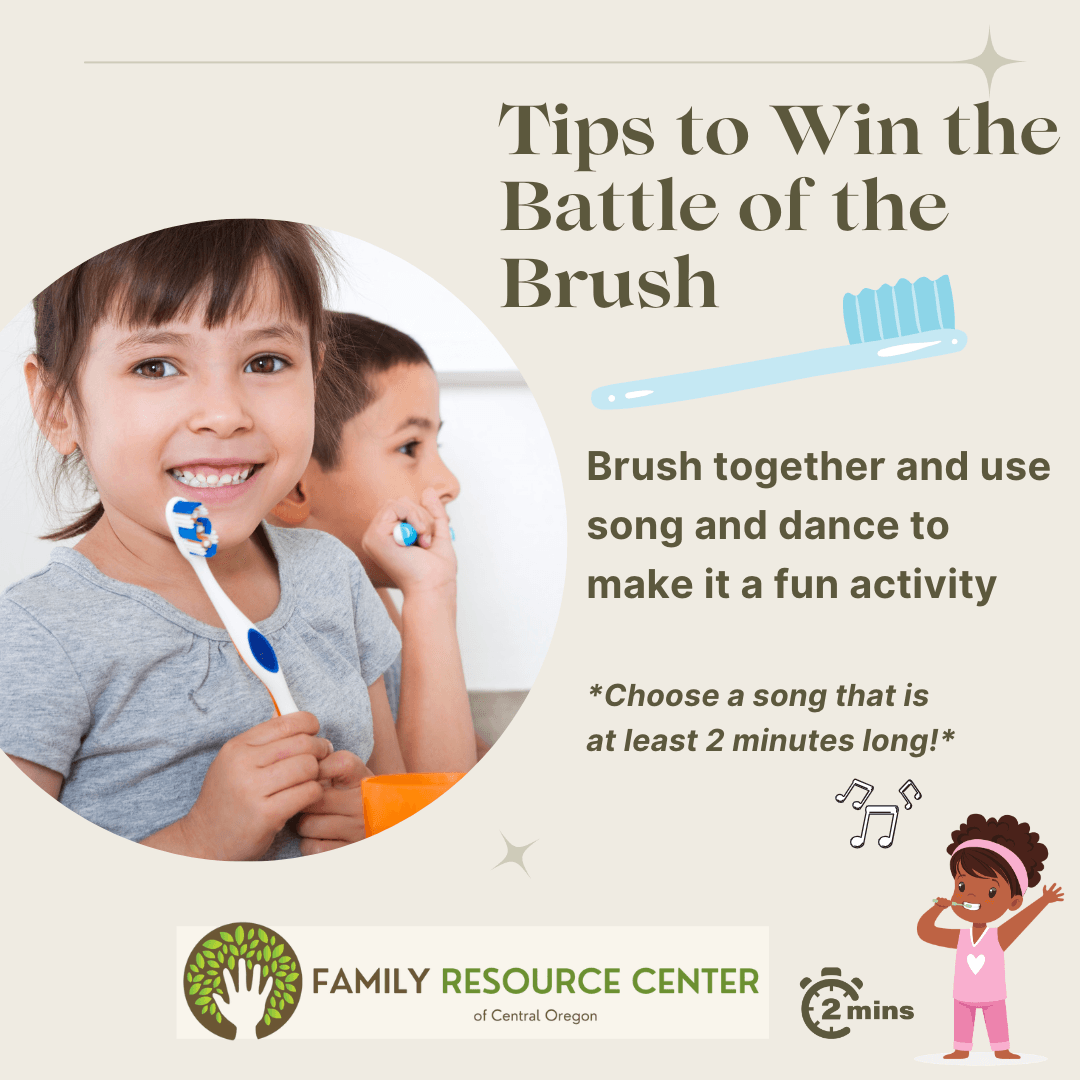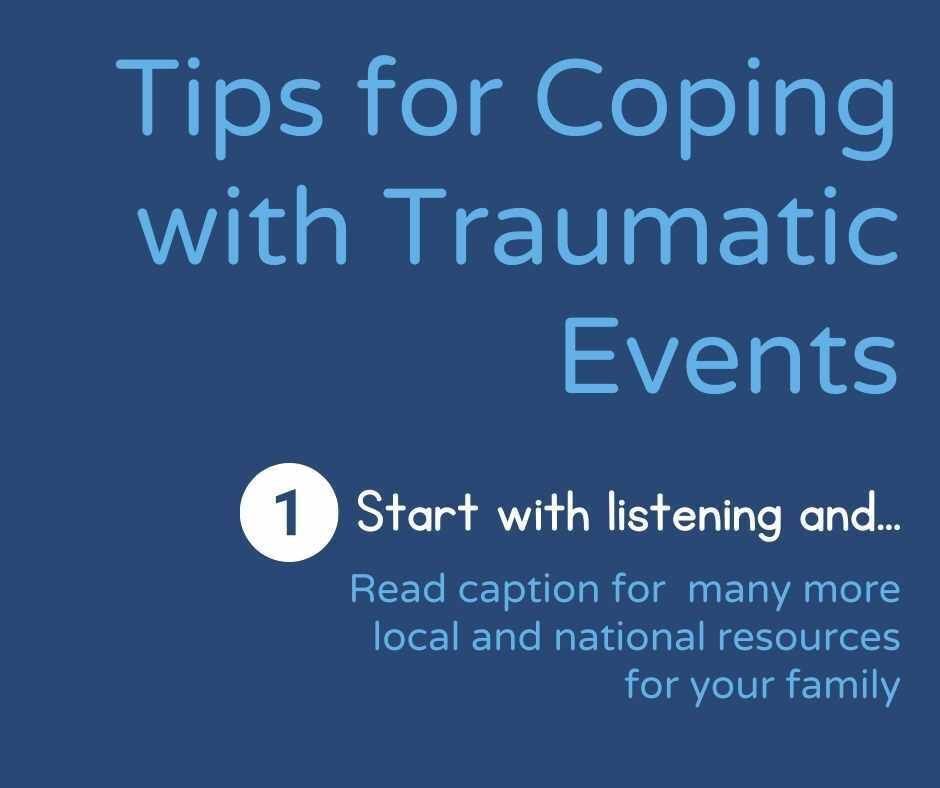Quick Tips for Parents
-
11 Minutes for Health
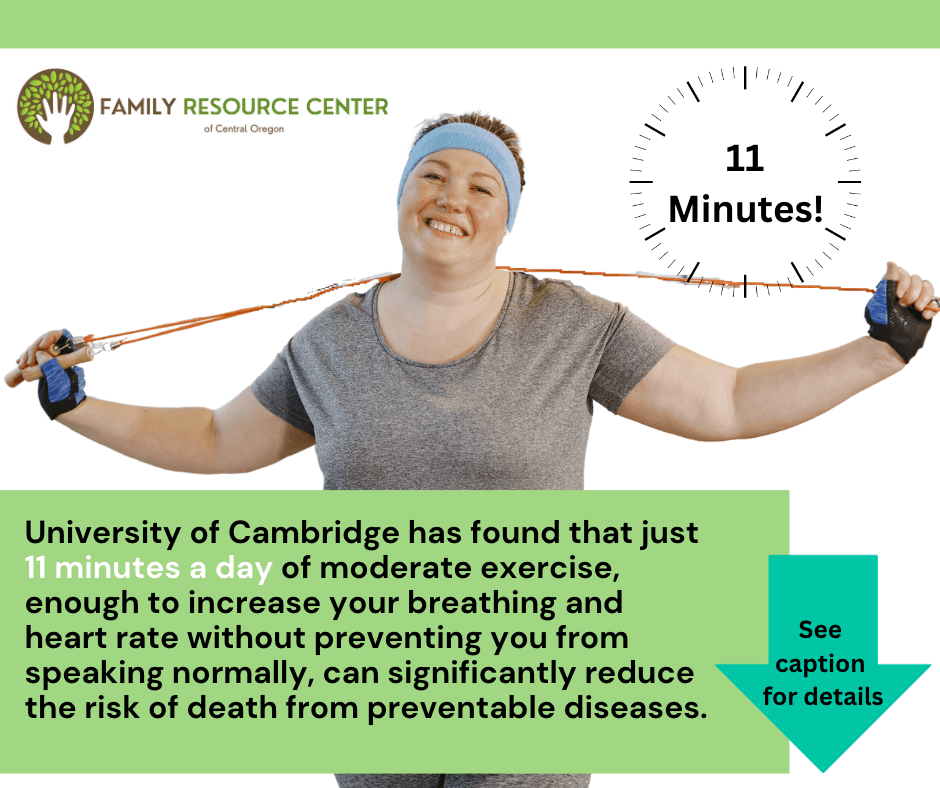
“I think for some people, physical activity goals like 10,000 steps per day can be a motivator, but for those who are very far from reaching that goal, it might make them wonder whether it’s even worth it to try,” said Kennedy Peter-Marske, a doctoral student in epidemiology. This new research tells us that it is worth your time to do whatever type of physical activity you can, at any age!
-
The Best Play Time
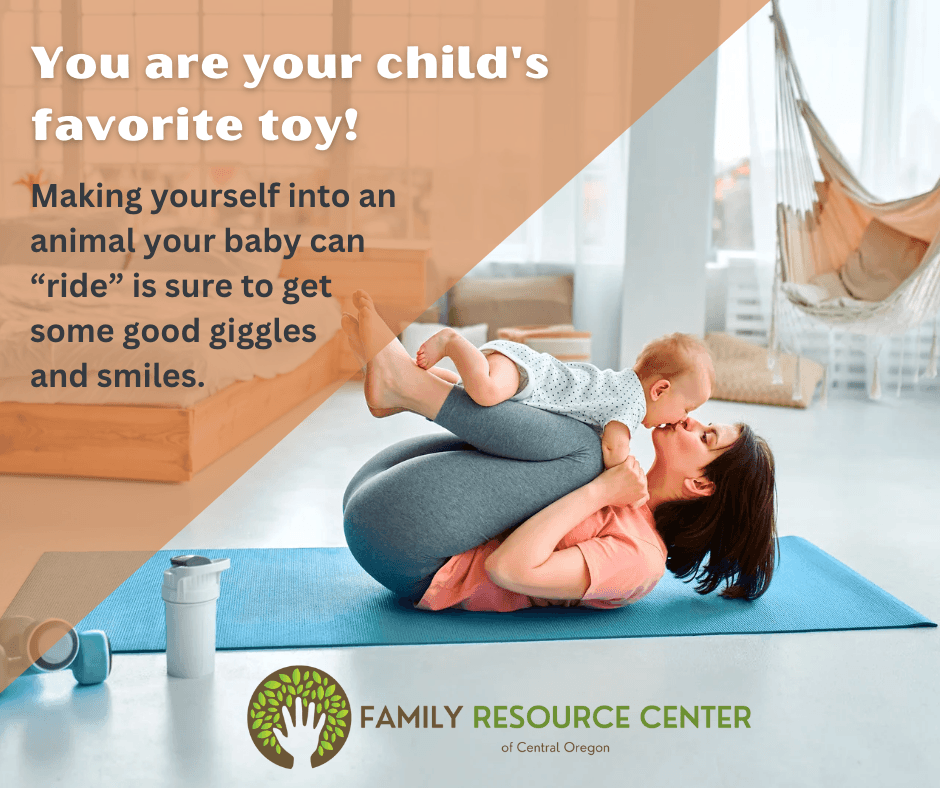
-
Small Delights

-
Notice These Things Today
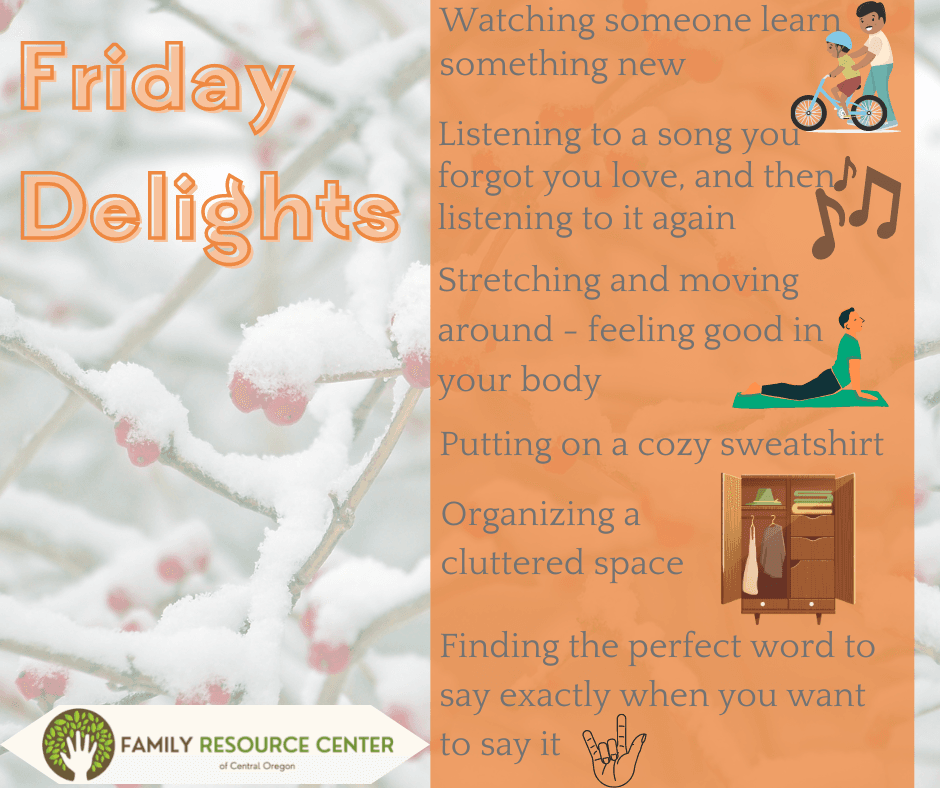
-
Slowing Down & Productivity
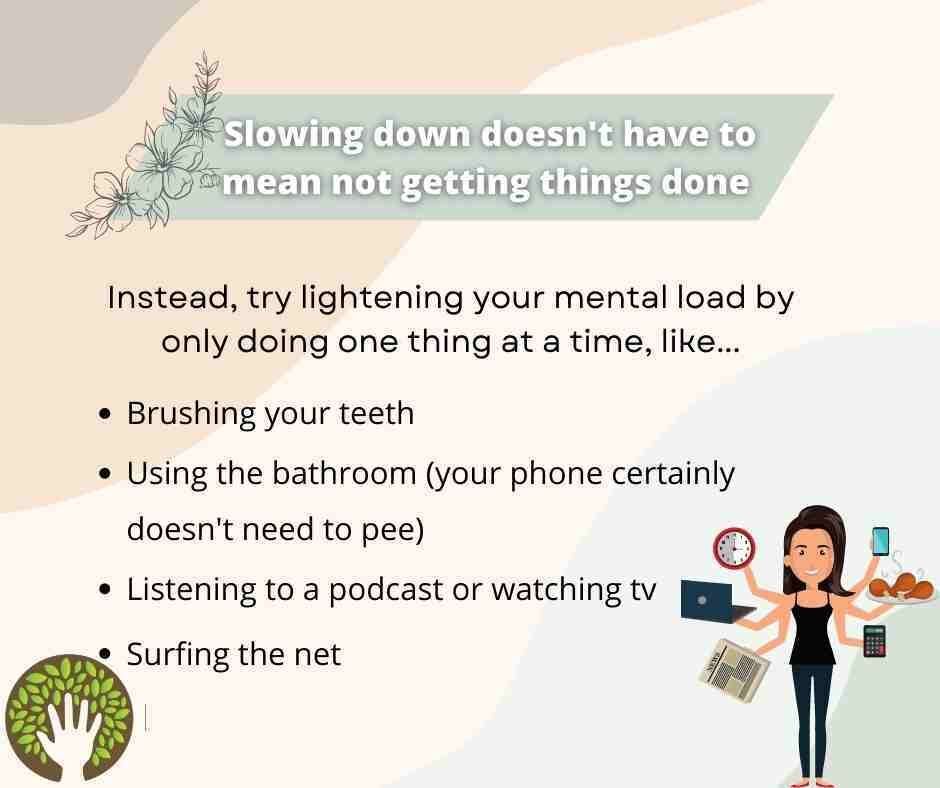
-
Gentle Nutrition
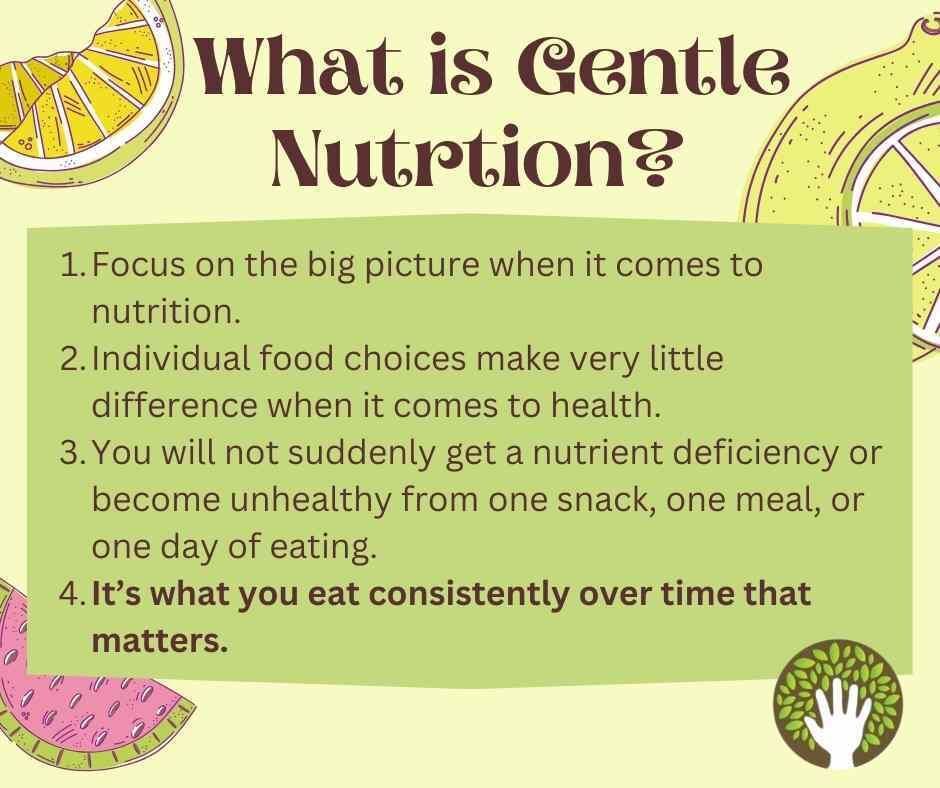
Food can be just as tricky for parents as it is for kids. Model Gentle Nutrition for your family to refocus on the simple things.
(1) Add foods, don't subtract. Remember that all foods can be a part of a healthy life and no foods are off-limits. Instead, consider how to add nutrient-filled and diverse foods into your eating patterns.
(2) Focus on variety. Different foods contain different nutrients, which means that eating a diversity of foods helps to ensure that we are getting adequate nutrients.
(3) Pay attention to food that feels good. Make food choices that honor your health and taste buds while making your body feel good.
(4) Try to include 3 things at each snack and meal: protein, fat, and fiber. This will help keep you full and nourished.
(5) Create an environment that makes health easier. Your environment is the biggest predictor of your health choices, so consider how you can make shifts to your space to set yourself up for the health behaviors you want.
-
Preventing Sibling Rivalry
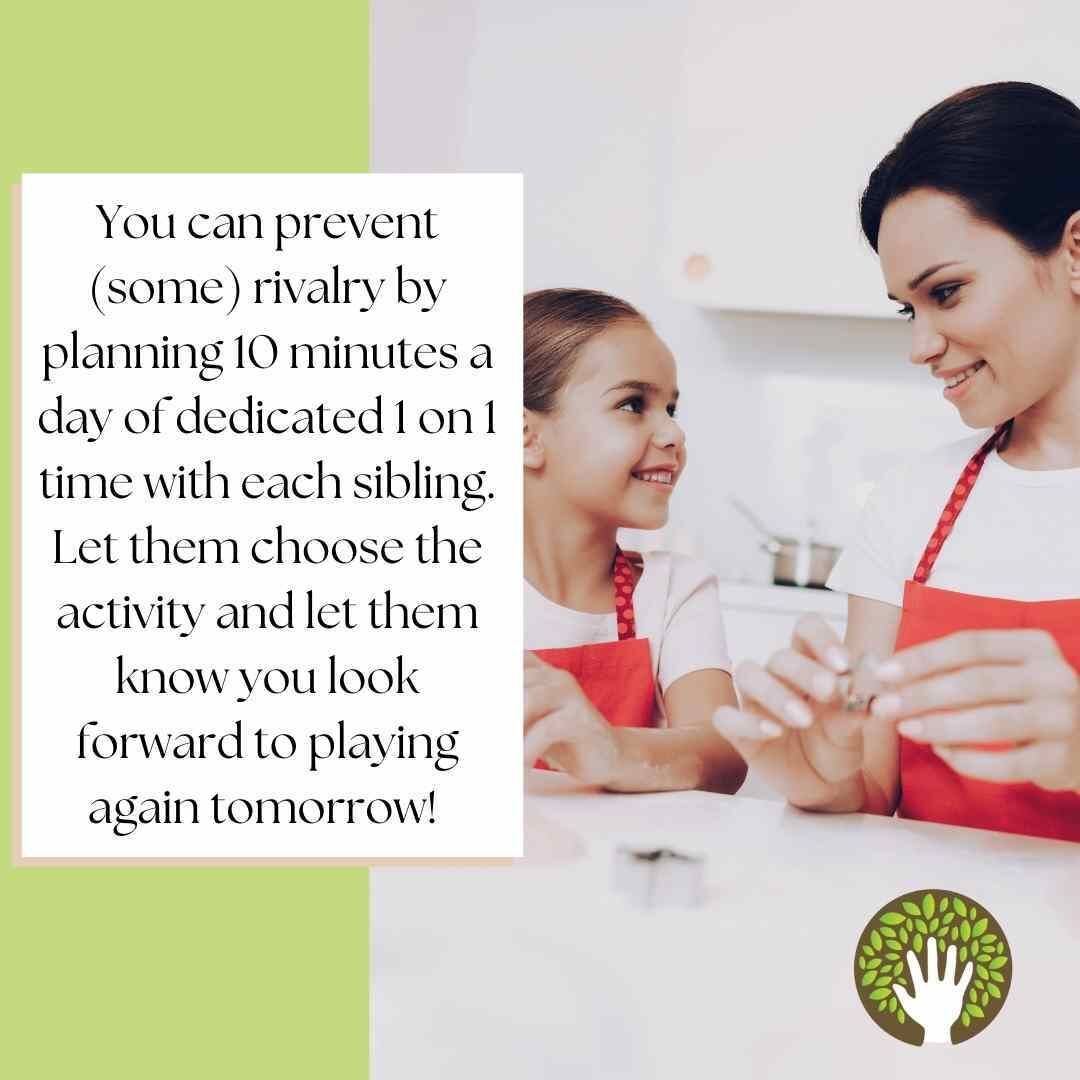
Little Tips for Big Hearts
-
Veggies Made Easy!
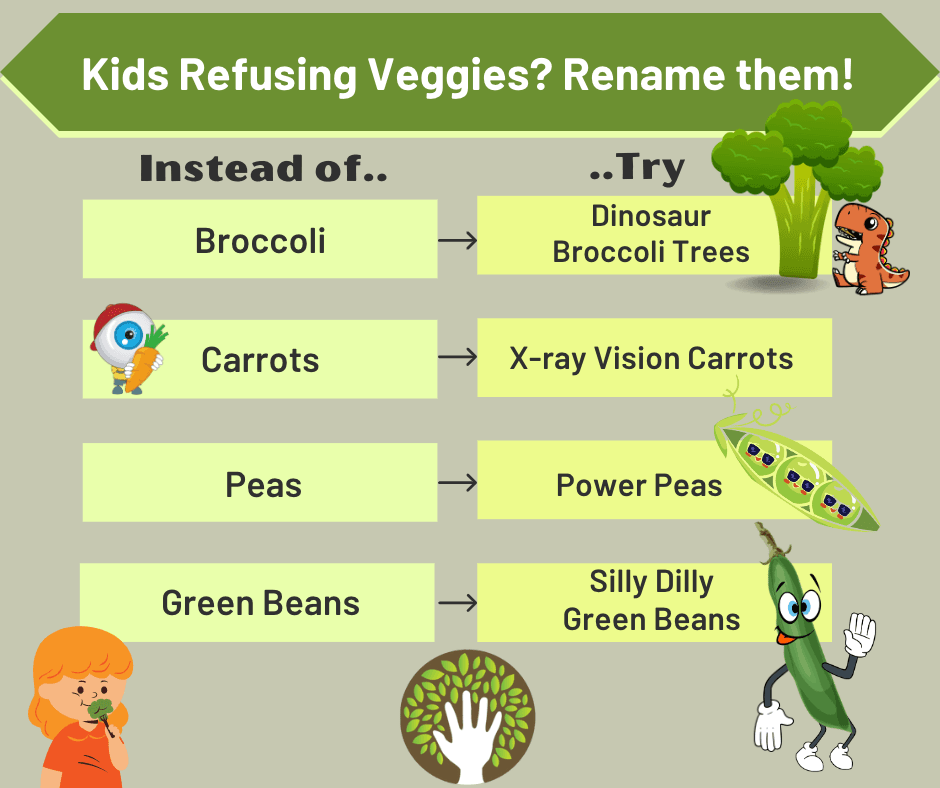
Marketing tactics make chips and soda look and sound delicious, and you can use those same tactics on vegetables!
-
New Foods Take Time
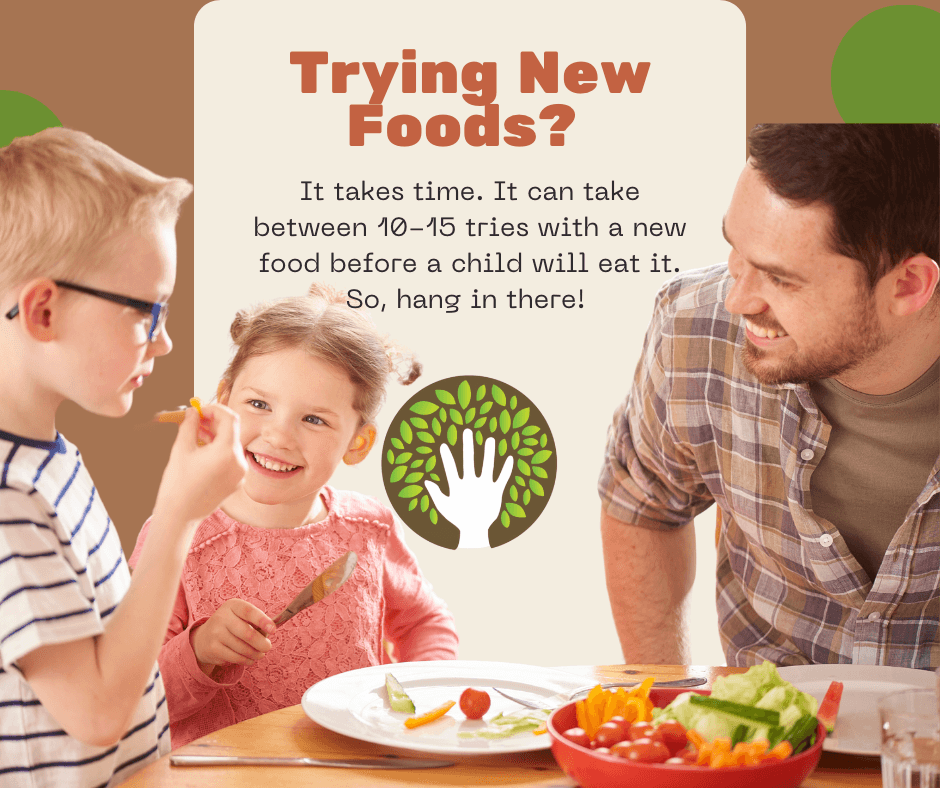
-
Bad Dreams?
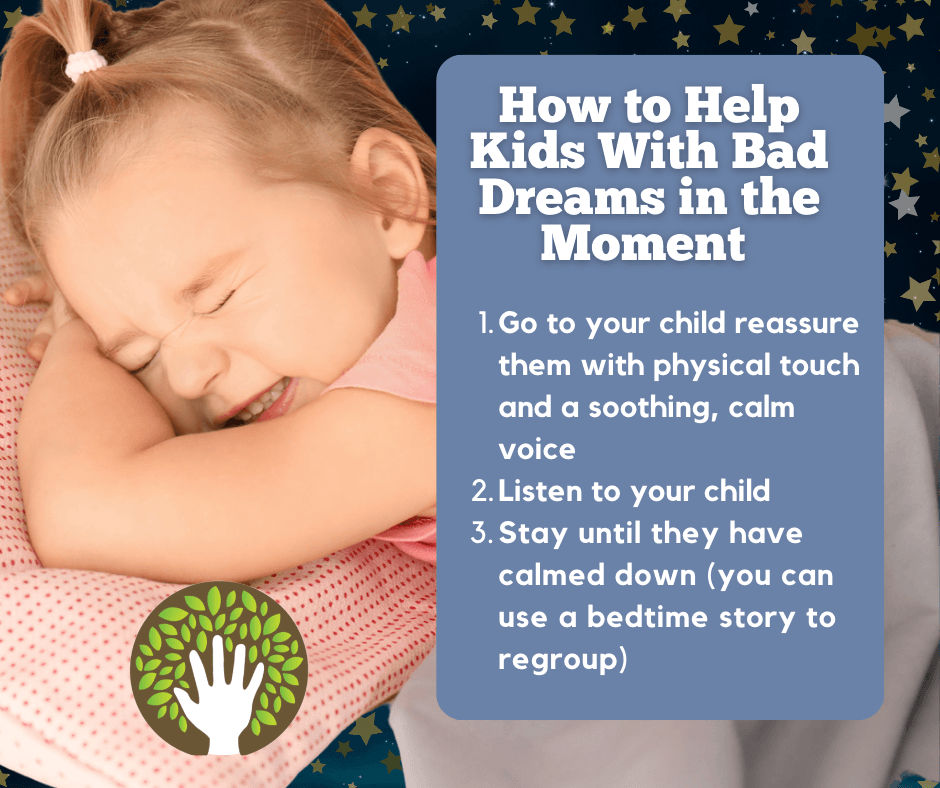
Your child may want to talk to you about their nightmare. Encourage them to come up with alternate endings for the nightmare that are happy or funny.
-
Preventing Tantrums
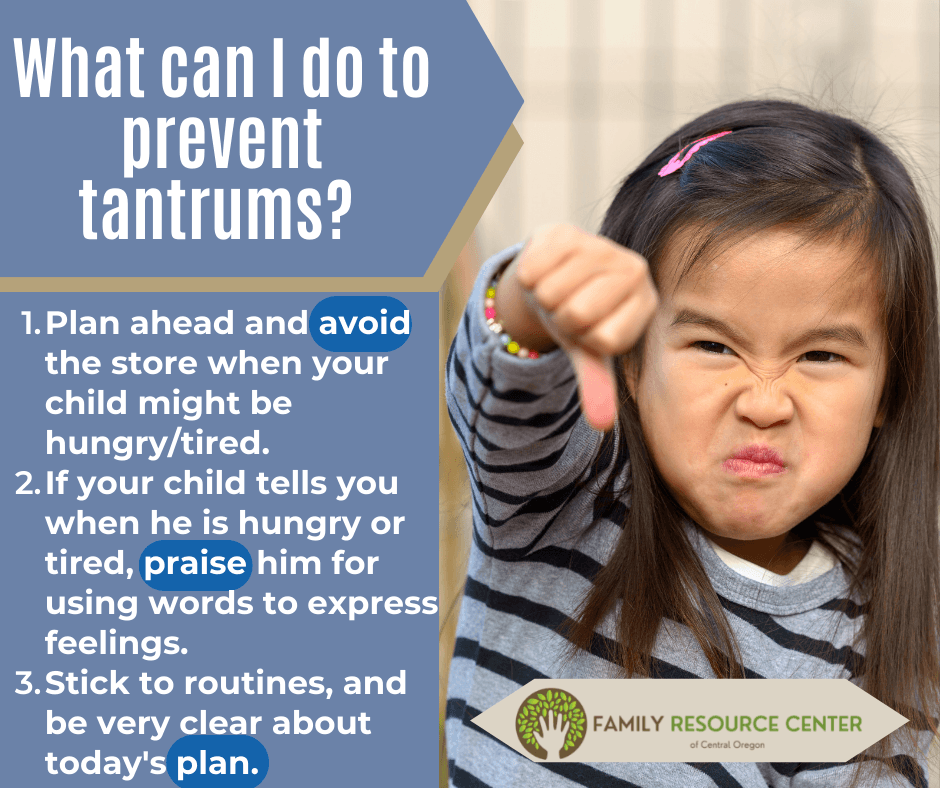
Toddlers may not have the vocabulary skills needed to communicate, and this can be frustrating for them (and us!).
-
Healing Hugs
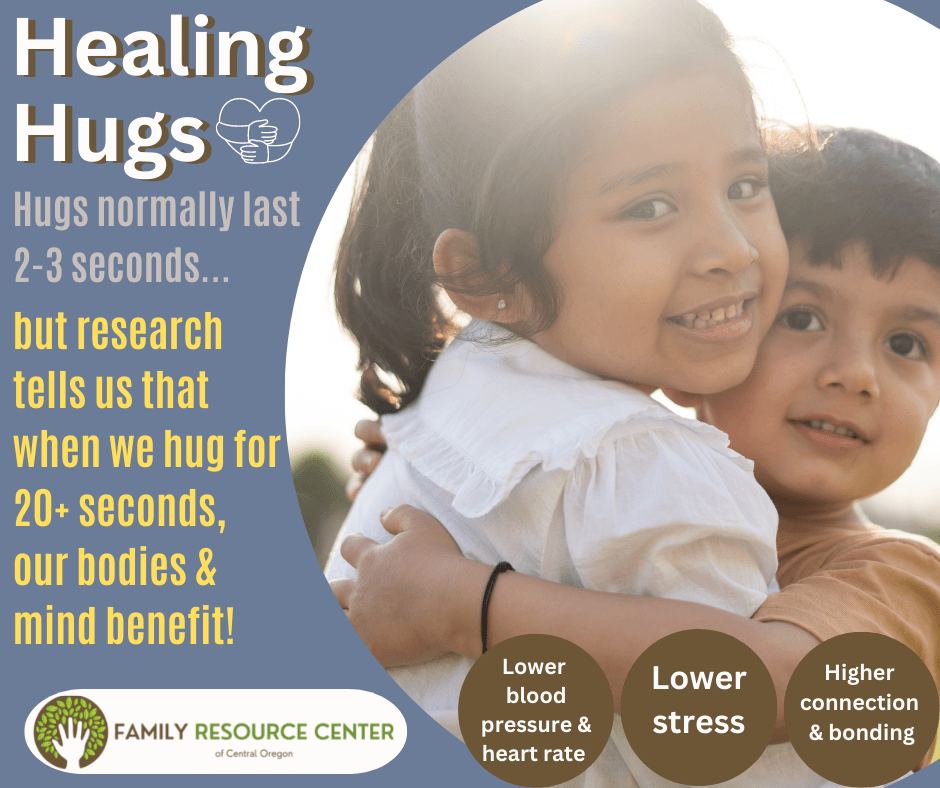
-
Are you really listening?
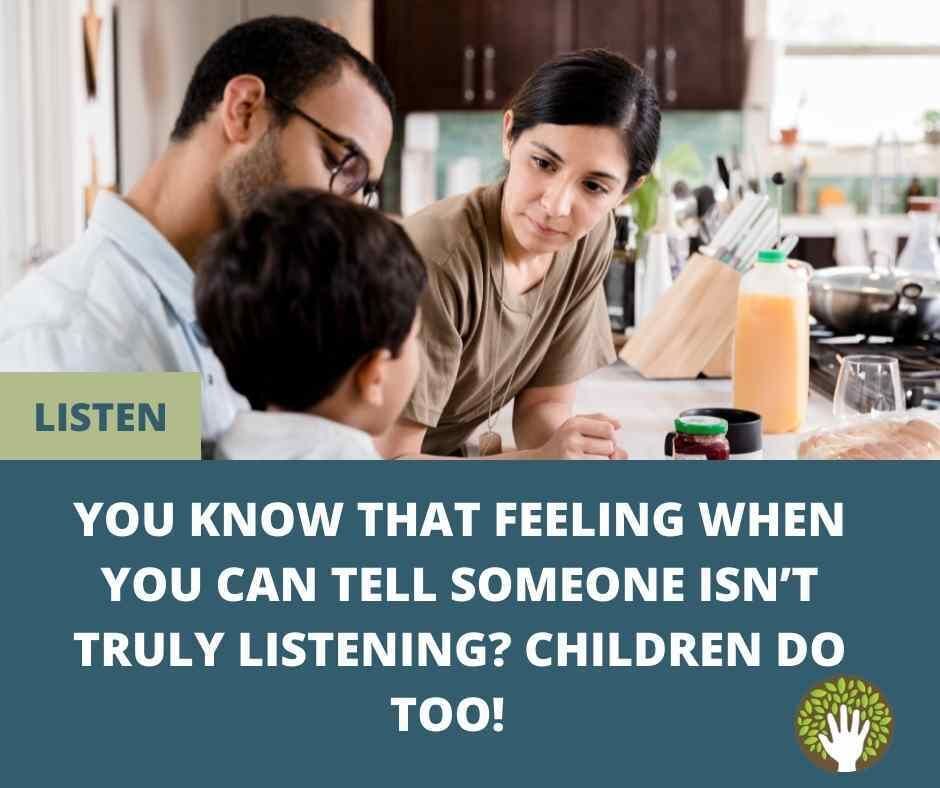
We always want to be good listeners for our children and it's especially important after a new or tough experiences. Children have a lot to get off their chest and being there to listen is one of the most loving things you can offer them every day.
-
Creating New Habits
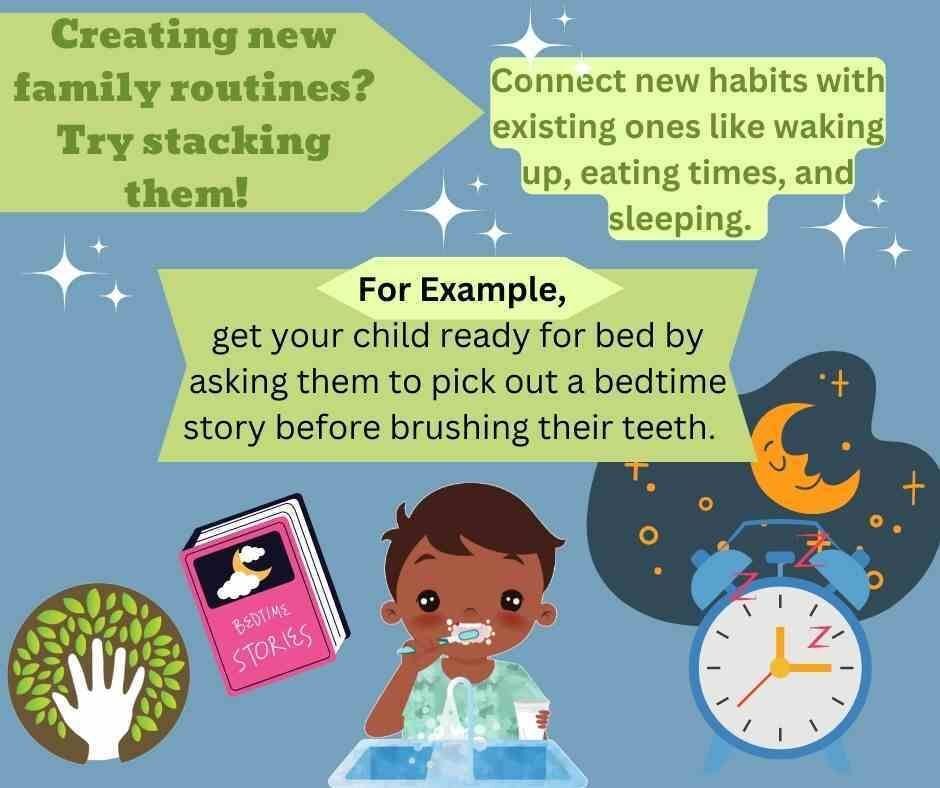
Parenting Teens
-
Sexual Orientation
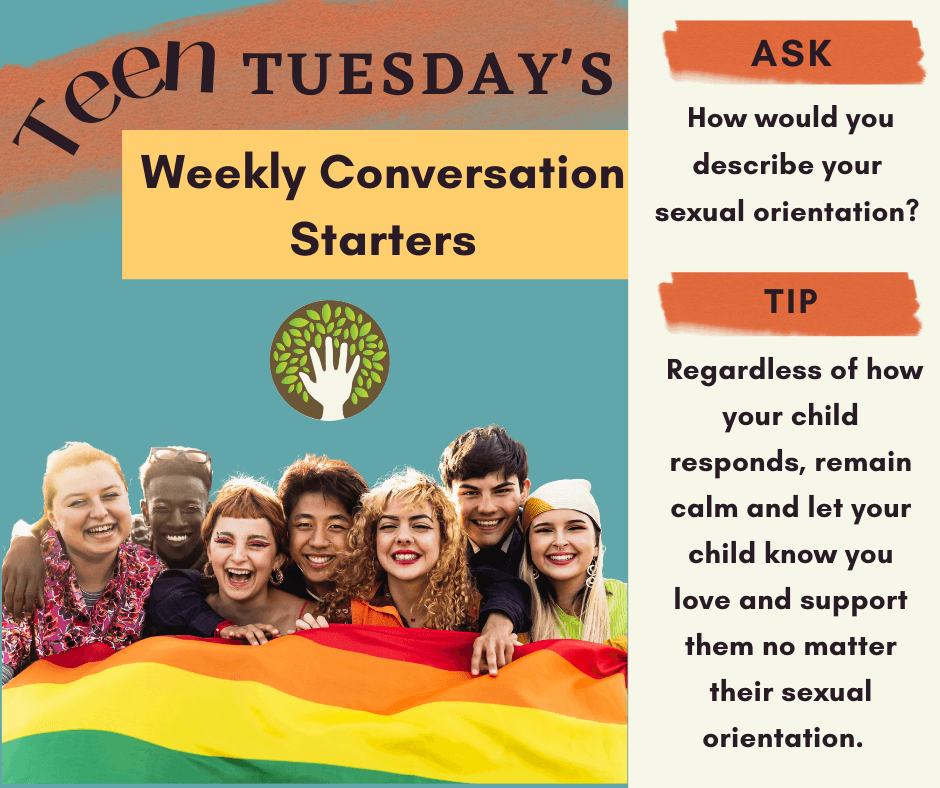
-
Teens & Online Activity

-
Ask the right questions
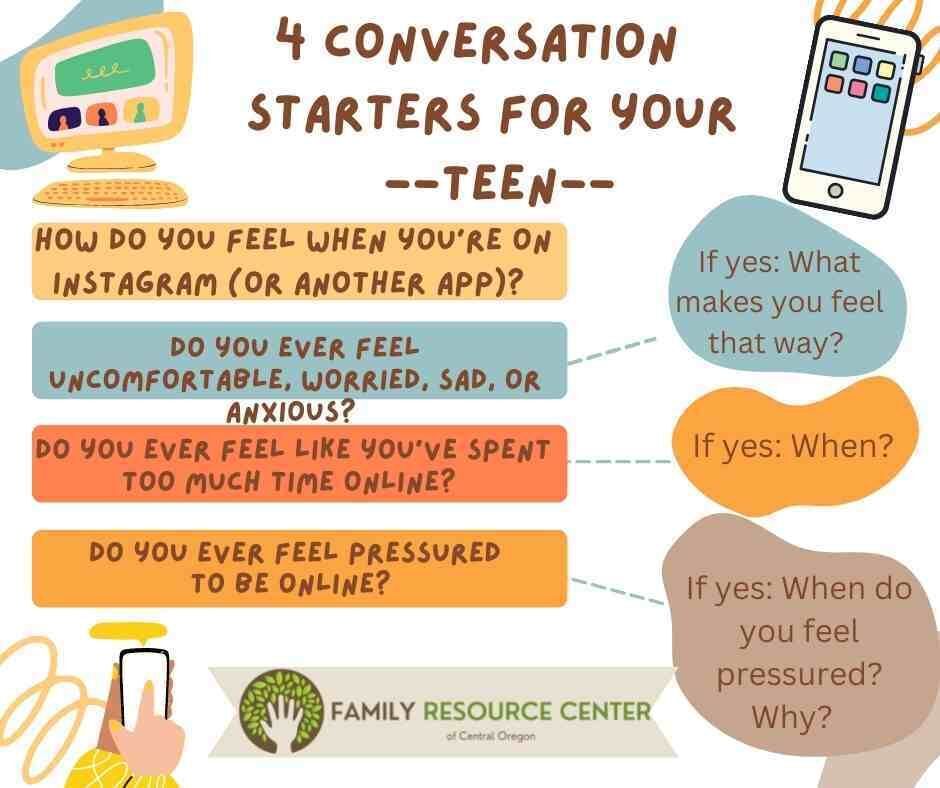
-
Your kids are going to hear about marijuana, tobacco and other drugs one way or another- it’s best if they hear about it from you.
-
Talking with Teens

-
Weekly Conversation Starter 2
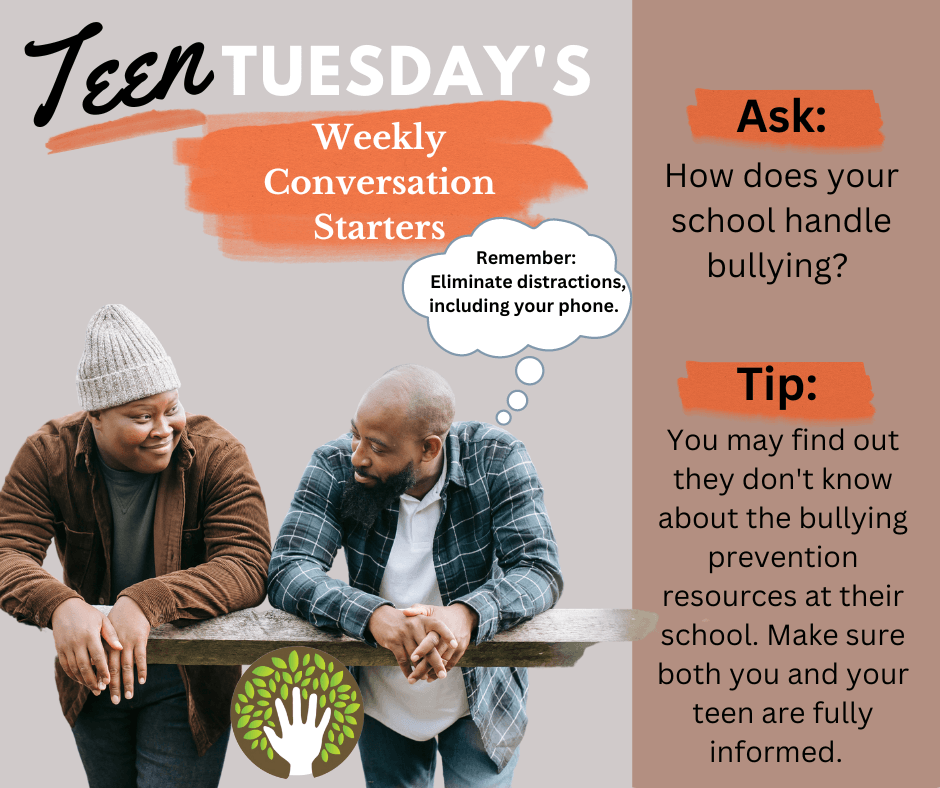
-
Weekly Conversation Started 3
